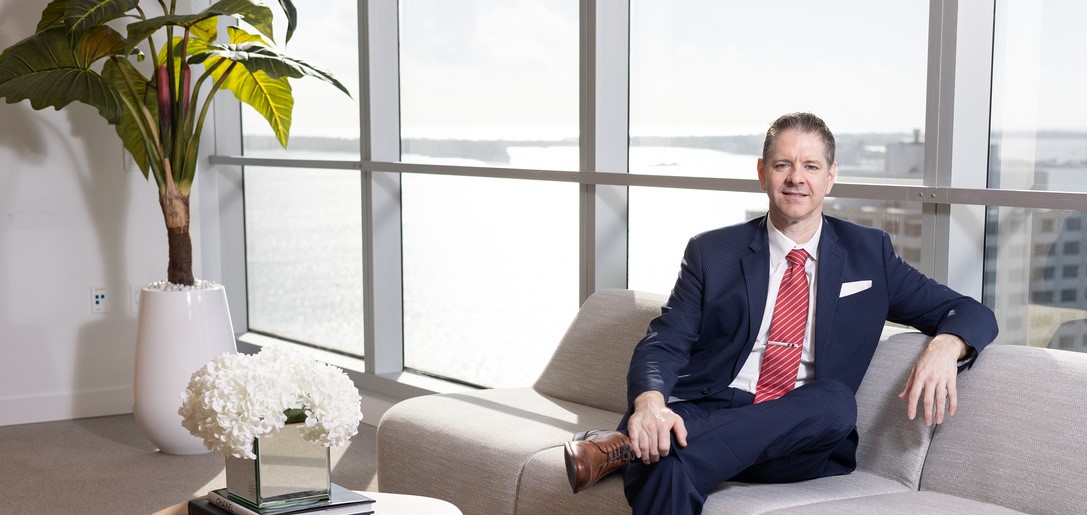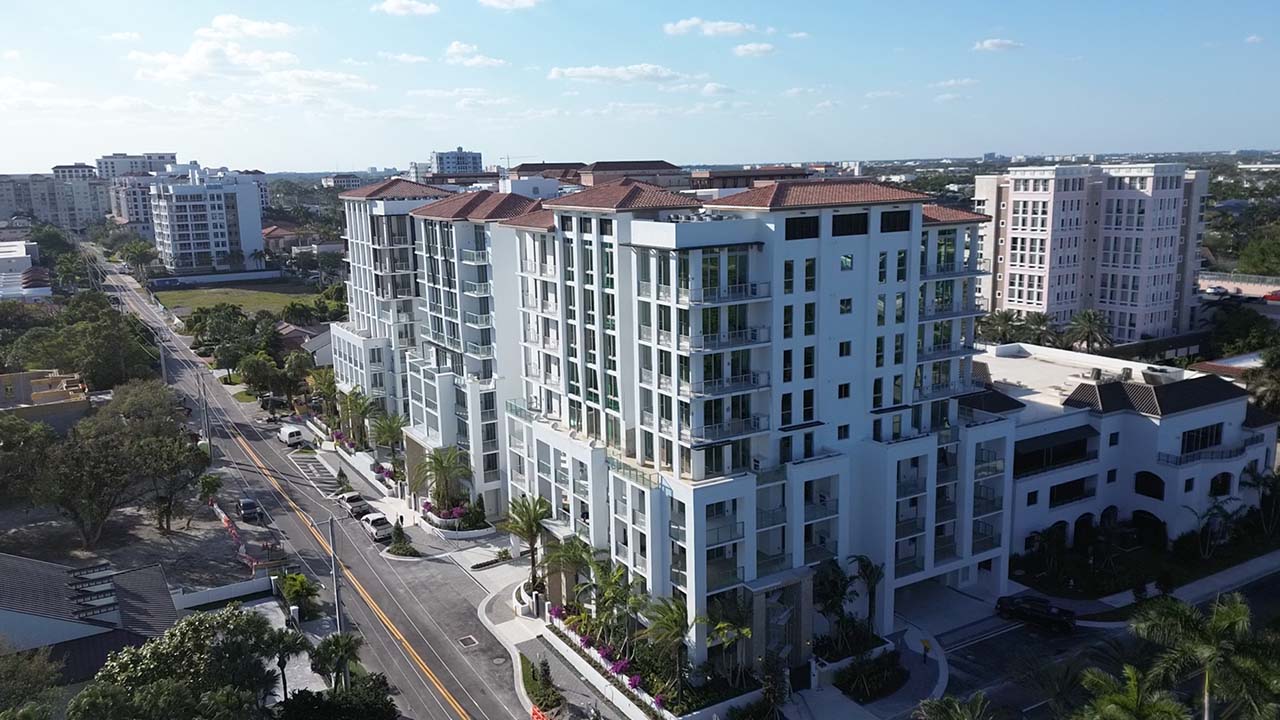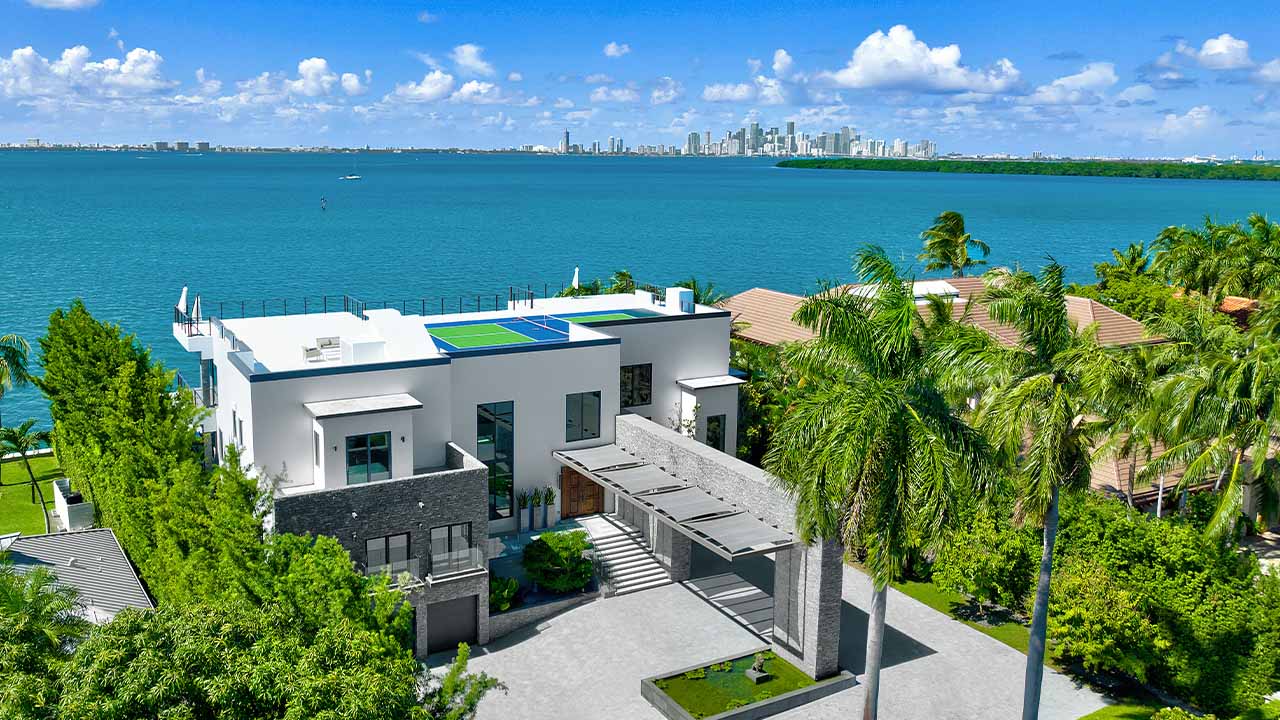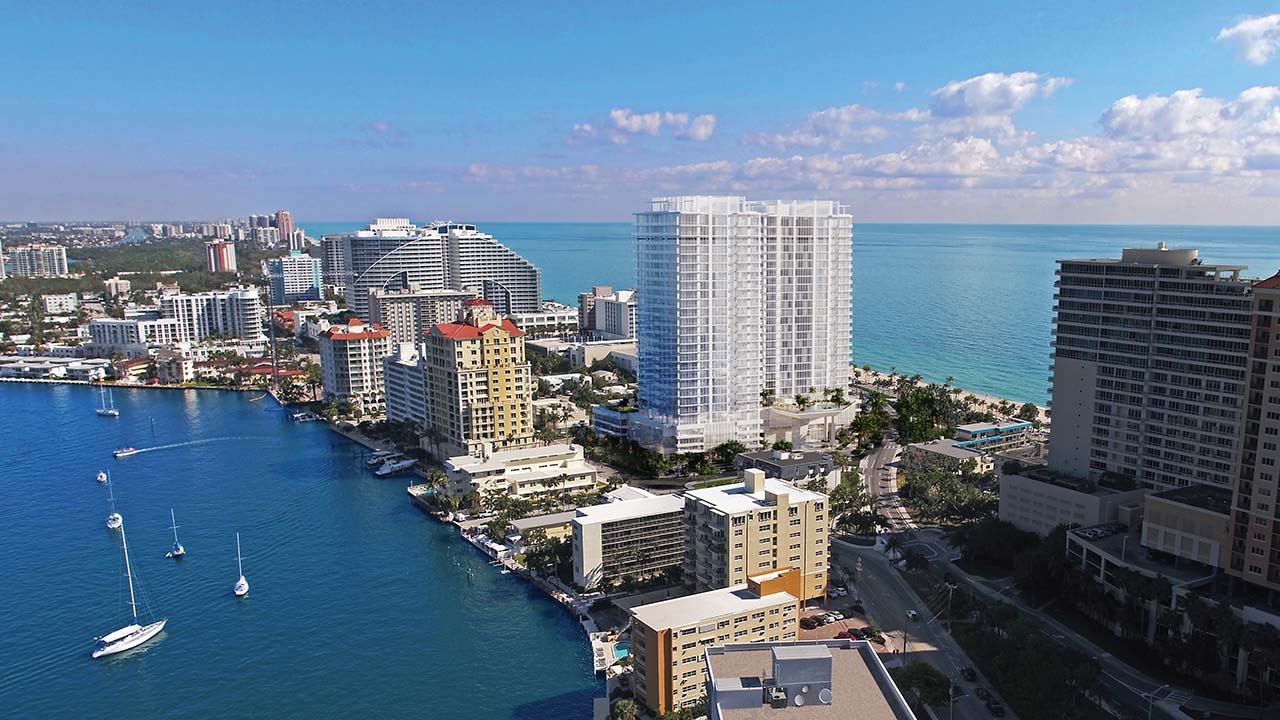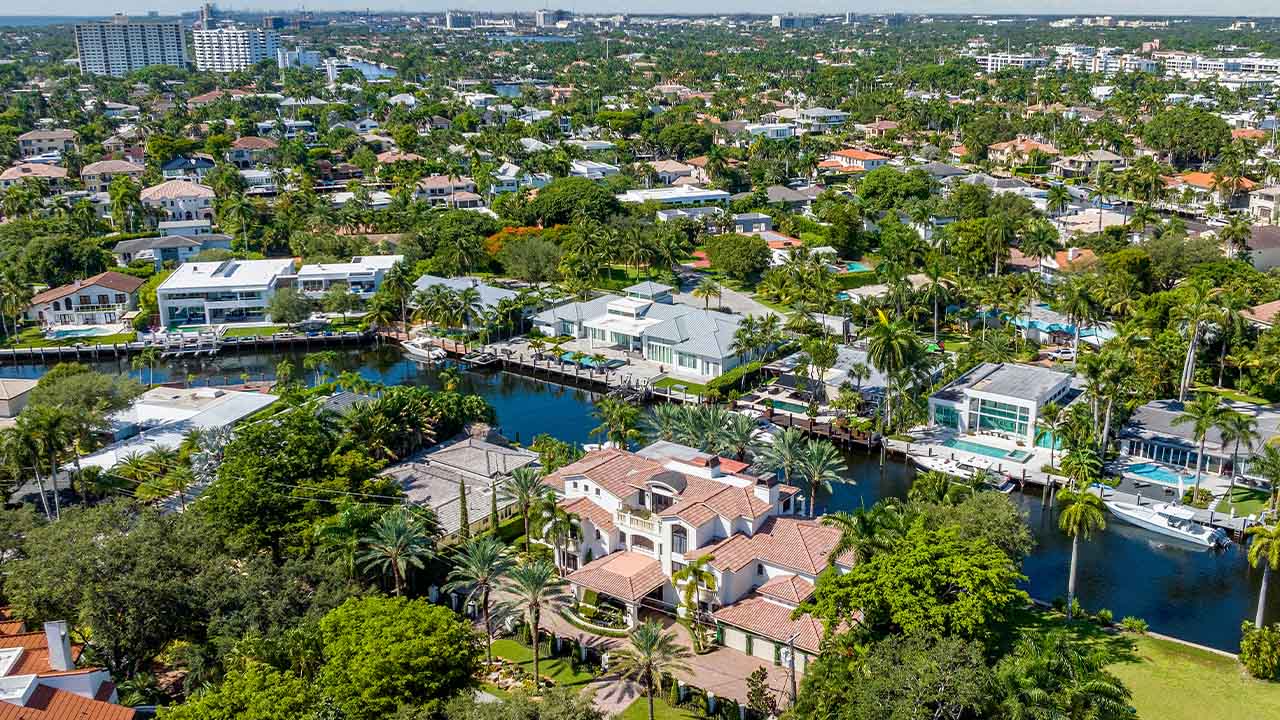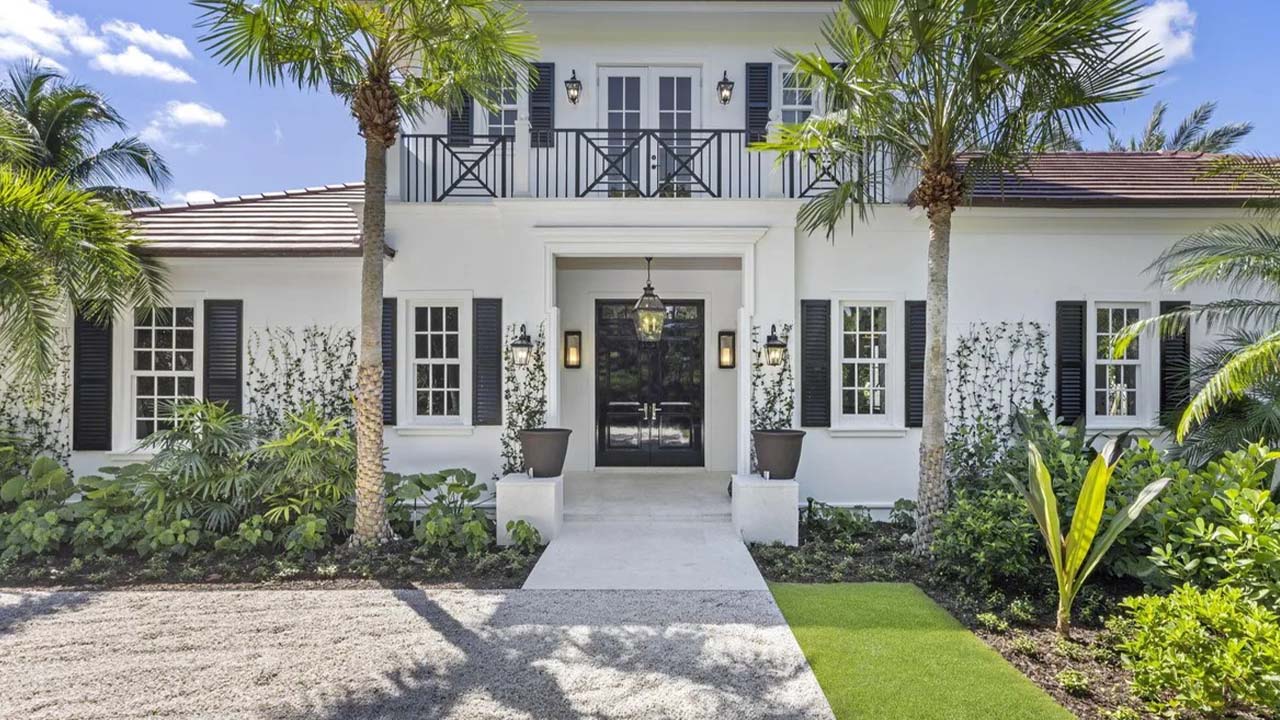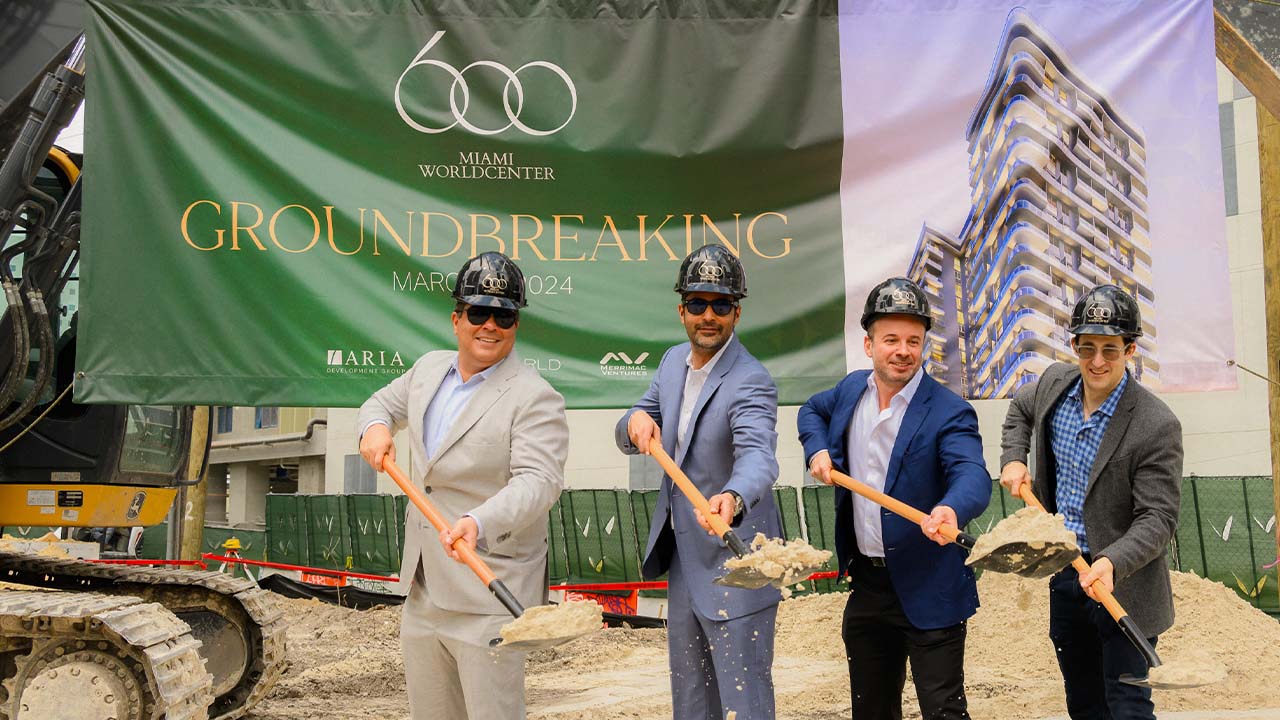As a real estate partner at Saul Ewing Arnstein & Lehr for nearly seven years, Louis Archambault has had his finger on the pulse of one of South Florida’s most essential sectors—and a bellwether of the larger economy. The University of Miami Law School graduate gets granular with SFBW.
We have seen interest rates rise rapidly over the past year. How is this impacting the commercial real estate market and impending deals?
With a rise in interest rates, the net cost to purchase or develop commercial real estate with a loan also rises as the monthly carrying cost for the property is more expensive, in order to pay for the additional monthly interest charged by the lender. For any deals currently under contract, there is a rush to close the deals if a lower interest rate was locked in by the buyer, or the purchase price will have to be lowered to compensate for the added carrying costs of the property after purchase or during development. The rise in interest rates also creates an inevitable delay in verifying the true cost of the property, e.g., the underwriting process, to bake in the higher rates into the purchase price. The more volatile or rapid the rise in rates, the more uncertain the underwriting will be until the interest rates stabilize. If possible, renegotiation of the purchase price is the buyer’s most direct method to adjust the purchase price to the higher interest rates. Inflexible or unrealistic sellers will have their deals terminated until the price is more in line with the higher rates. As buyers are reevaluating deals, what pressure is on sellers to reprice their assets?
While higher interest rates are creating downward pressure for sellers of commercial real estate to reprice their property, demand continues to remain sky-high, especially for Florida real estate, which has a worldwide pool of buyers—both cash and leveraged buyers—with potential buyers who have other factors in their decision-making than strictly capitalization rates or potential carrying costs. Rather than negotiate, some sellers may be willing to roll the dice that they will be able to find a new buyer due to continued high demand if a deal falls through at their asking price. However, even cash buyers need to be conscious of interest rates as the overall market value of properties fluctuates on lending costs. Ultimately, reasonable sellers who understand the market do the best, unless they decide to wait and remove their property from the market.
How could a rise in insurance rates, stemming from the damage from Hurricane Ian, affect commercial real estate prices?
In calculating the cost of ownership for the property, any regular costs incurred in ownership will affect the market price for the commercial property. While interest rates are part of these regular costs, so are taxes, and after Hurricane Ian, flood and windstorm insurance rates. The impact of Hurricane Ian will increase insurance rates given the massive scope of the losses that must be compensated. However, the full impact of these costs is not currently known. Once these costs are known, expect a further re-evaluation of the capitalization rate of properties.
For prospective buyers, what alternative methods of financing may be available?
As interest rates continue to rise, buyers of commercial real estate will increasingly look for alternative forms of financing for deals such as PACE loans or EB-5 loans, or equity investments. We
expect EB-5 investment financing to grow as it did after the Great Recession. PACE loans will also be in the mix.
What is your outlook for South Florida’s commercial real estate market?
Overall, the South Florida commercial real estate market should remain robust even if we head into a recession. Demand will remain high and needs to be fulfilled as we have the luxury of worldwide buyers seeking real estate opportunities for their investment needs. Any economic downturn is likely to be short-term as a result of slower growth than what we saw in 2008 with the Great Recession. At that time, loans were not available, and banks were not healthy; today, loans are available, they are just more expensive, and banks are not threatened. While there will be some repricing in the market, it will be because we are returning to interest stability rather than potential economic collapse. South Florida should continue in its strong commercial real estate market position versus the rest of the United States.
Photo by Brett Hufziger



